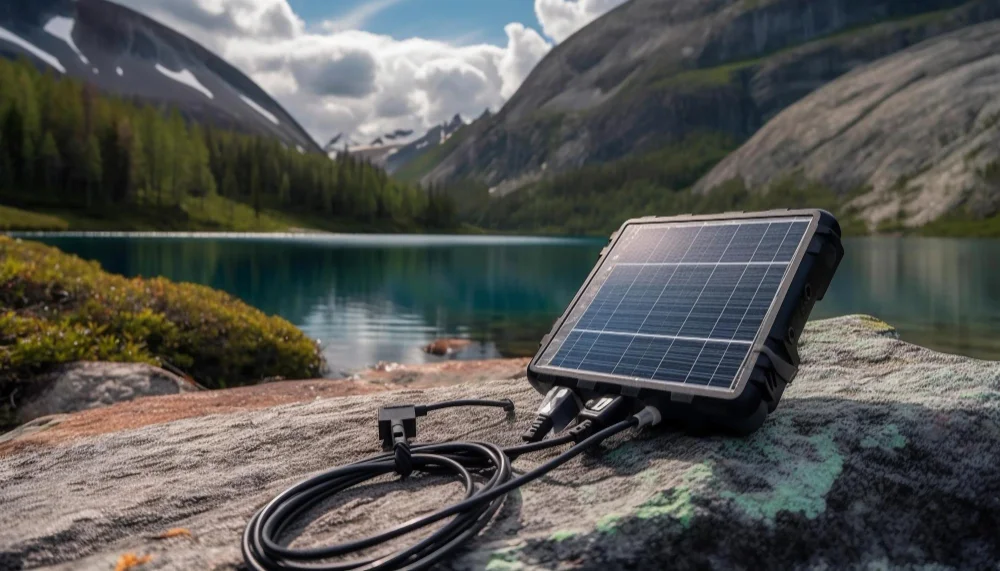
Getting your hands on used Dell servers can be a smart move. It saves money. It gives your business the tech power it needs without blowing the budget. But buying used comes with its own set of risks. That is why knowing how to inspect and test these machines before buying is key. It is not rocket science, but you have to pay attention to the details.
Start With the Right Vendors
First things first, you gotta figure out where to look. Not all sellers are the same. Some vendors have used Dell servers for sale that are properly refurbished and as good as new. Others might be unloading models that have seen better days. Picking the right vendor makes all the difference.
Look for vendors with solid reviews. Check if they offer warranties. Ask about their testing process. A good vendor will not shy away from questions. They will be upfront. They will help you feel confident before you buy. Make sure you do not rush this step. It sets the tone for the entire purchase.
Give It a Visual Check
When the server is in front of you, start with the basics. Look it over carefully. Check for physical damage. Scratches and dents might not affect performance, but they could be signs of rough handling or past accidents.
Open the case if you can. Look for dust buildup. Check for missing screws or loose parts. Clean-looking hardware usually means it was well cared for. A dirty server could signal trouble. Trust your gut when something feels off. If it looks like it has been sitting in a dusty garage, walk away.
Check the Components
Used servers are all about what is inside. Take the time to inspect the parts. Check the hard drives. See if the RAM is the right size for your needs. Make sure there are no missing components. Look for any signs of wear on connectors.
Power up the server if possible. Listen for odd noises. Fans should spin smoothly. Drives should not click or grind. Any strange sounds are a red flag. Test every port. Check the USB slots. Look over network ports. The more thorough you are, the fewer surprises later. Take nothing for granted.
Run Diagnostics
Most Dell servers come with built-in diagnostic tools. Use them. Run a full scan. It might take a little time, but it is absolutely worth it. Diagnostics help you spot issues that you cannot see with your eyes.
Diagnostics will help catch hidden problems. Bad memory. Failing drives. Power supply issues. These tools give you a peek under the hood. They help you make a smarter decision. If you notice something feels a bit off, trust your instincts and don’t brush it aside.
Ask for the History
A good vendor will know the history of the server. Ask questions. Where did it come from? Was it part of a big data center? How long was it in use? Was it used heavily or lightly?
The answers can tell you a lot. Servers that were lightly used in an office environment may have plenty of life left. Ones that ran 24/7 in a hot data center might wear out faster. The backstory helps you weigh the risks. Do not be shy about digging deep.
Test the Software Side
Hardware matters, but so does software. Check the BIOS version. See if firmware updates are needed. Make sure you can access and manage the system properly. Old firmware could cause headaches down the line.
Ask if any licenses come with the machine. This is important for things like operating systems or management tools. Without proper software, even the best hardware can cause headaches. Some servers come with management software that saves time. It is worth asking about.
Think About Future Needs
Buying a used server is not just about today. It is about tomorrow too. Make sure the server you pick has room to grow. Can you add more RAM? Can you increase storage? Will it handle new applications later on?
Think about what your business might need a year or two down the line. Picking something with upgrade options saves money down the road. It keeps you from having to replace everything too soon. It is better to spend a little more upfront than to regret it later.
Security Checks Matter Too
Security is easy to overlook when buying used. But you should never skip it. Make sure the server has been wiped clean. You do not want leftover data from the previous owner.
Install fresh software. Use firewalls. Add antivirus protection. Used servers can be just as secure as new ones if you set them up right. Good security keeps your business safe and your peace of mind intact.
Final Thoughts
Used servers can be a great investment when you do it right. Start by finding vendors that have used Dell servers for sale and take the time to inspect everything. Look it over. Test it out. Ask the right questions. Check the hardware. Check the software. Think about the future.
A little effort upfront goes a long way. It saves you from buying a lemon. It helps you get tech that lasts. With the right approach, you can score a solid server that keeps your business running smoothly without draining your wallet.
Take your time. Be picky. Trust your instincts. A used Dell server, when chosen wisely, can be the backbone of your IT setup. It is not just about saving money—it is about making smart choices that help your business grow.

How Sales Teams Increased Productivity with Parallel Dialers

Curtain Dry Cleaning and Leather Sofa Cleaning – Reliable Care by Duo Nini

Brian Ferdinand of EverForward Trading Joins Forbes Finance Council, Expanding His Voice on Markets and Risk

How Technology Is Changing Addiction Recovery in the Digital Age.

Our First Winter Trip to Aspen — And the Decision That Made It Stress-Free

How Technology Is Changing Addiction Recovery in the Digital Age.

Puzutask Com: Complete Guide, Reviews, and Login Information

Solve SMD Diodes Sourcing with Utsource's Bulk Options









